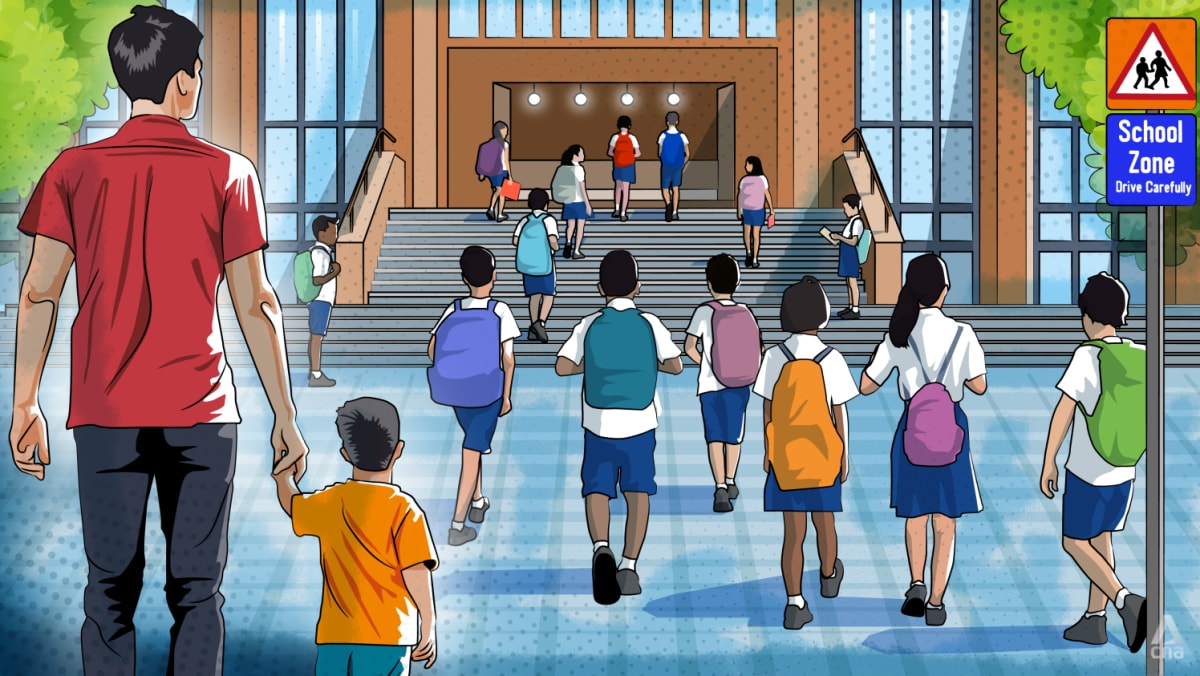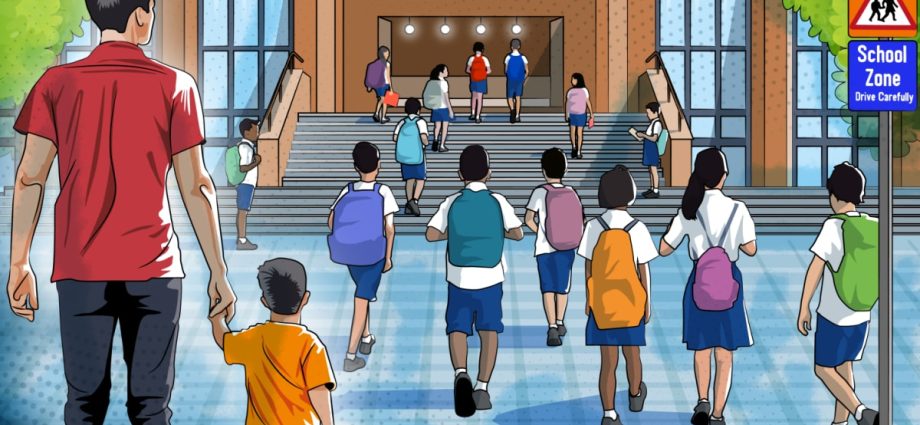
Parents who spoke to CNA also said the advantage may create exclusivity or be seen as elitist, especially for more prestigious schools.
“It’s unavoidable, unfortunately,” said Madam Jacqueline Lim, 43, a financial consultant with two daughters in Raffles Girls’ Primary School (RGPS).
She sees it as a “natural progression” if a school produces good students who grow up to be high achievers and send their children back to the same school.
“Even nations have this problem, the rich-poor gap,” she said.
Ms Eileen Fu, 41, who has two children in Tao Nan School, said students in prestigious schools are likely to be better prepared for their educational journey compared with those in other schools.
“Elitism will breed elitism,” said Ms Fu, who works in biotech.
She initially considered sending her children to Nan Hua Primary School, another popular school and the alma mater of her husband. But Nan Hua was 25km from their home, so the family decided against it.
Mr Ng, the businessman, said it is “absolutely the truth” that alumni priority is exclusive or elitist, but the privileged would always want to keep their privilege.
BEYOND ALUMNI AFFILIATION
But others questioned whether other parts of the primary school registration exercise are forms of privilege as well.
“I find it strange that our Primary 1 admissions system has very little to do at all with the individual child,” Associate Professor Jason Tan from the National Institute of Education told CNA.
This is despite Singapore’s belief in meritocracy, he said.
“Rather, most of the admission criteria in the various phases have everything to do with the child’s parents.”
Children who attended an MOE kindergarten under the purview of, and located within the primary school, can be registered in Phase 2A. “Apart from that, it’s all about your home background and what your parents bring to the table, which the individual child has little or no control over.”
Phase 2A is also for children of alumni, children of school staff, siblings of alumni and children whose parents are on the school’s advisory or management committee.
If there are more applicants than places, home-school distance and citizenship status are taken into consideration. Singapore citizens living within 1km of the school will be admitted first, followed by citizens living between 1km and 2km of the school, and then those living more than 2km away.
Permanent residents get priority according to the same distance categories.
Popular schools may be oversubscribed at this phase, which will trigger a ballot. For example, if there are 20 places left, and 30 Singaporean children who live within 1km of the school, an electronic ballot will take place.
The remaining 10 students, citizens who live more than 1km away from the school and all PRs will be unsuccessful and will have to gain admission through later phases.

